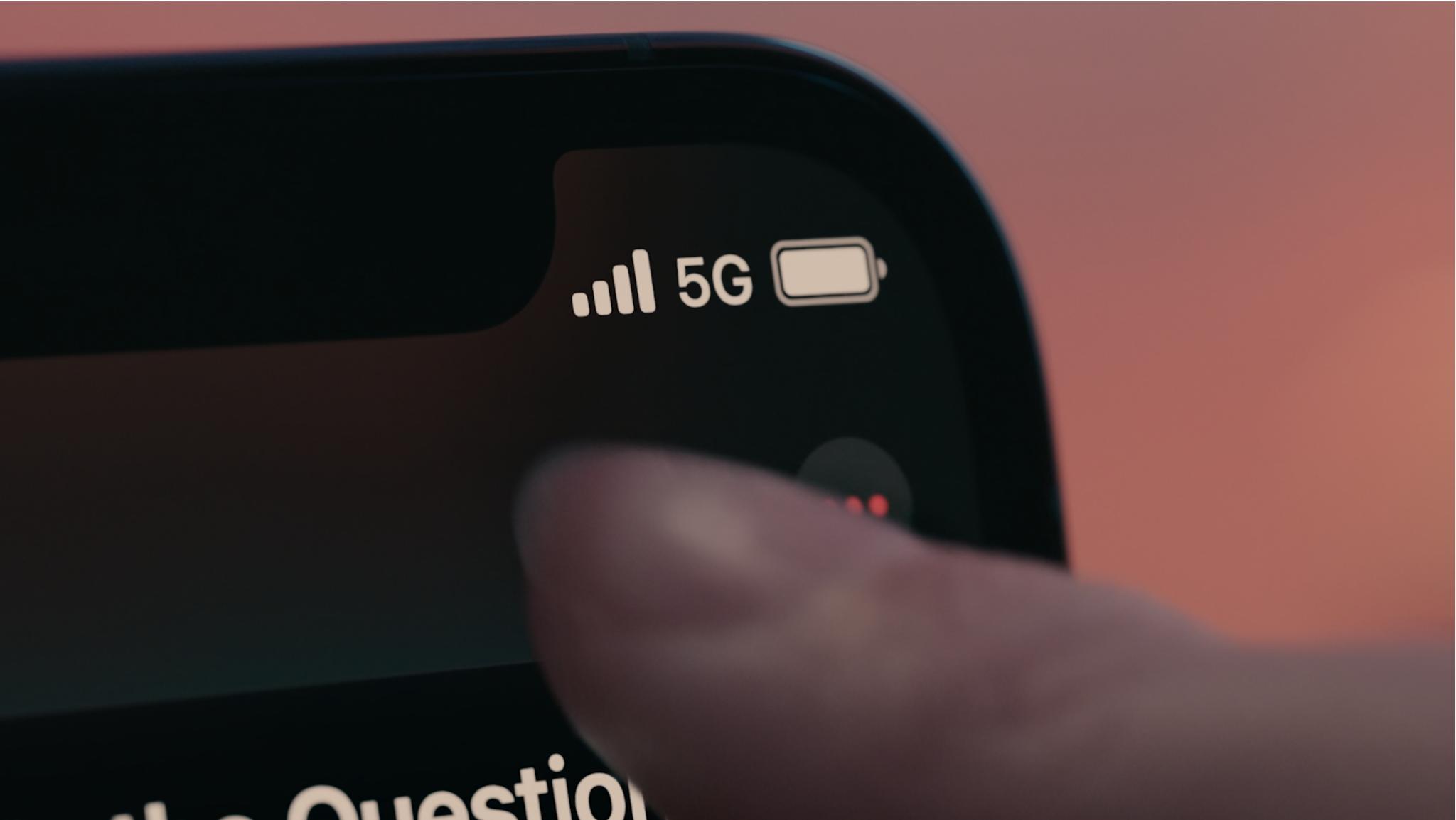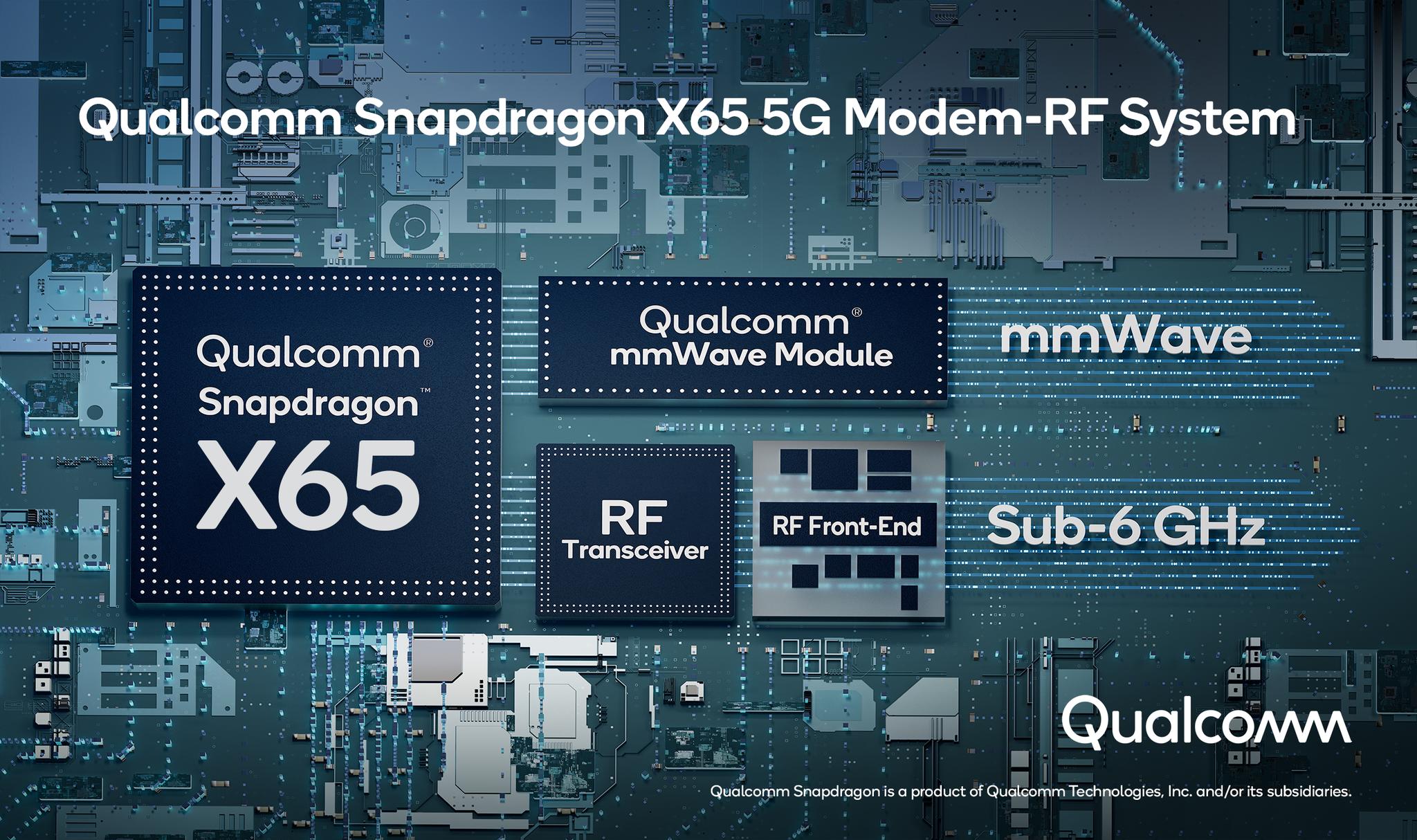Qualcomm's second-newest modem is coming to the iPhone 13.
What you need to know
- The iPhone 13 lineup is expected to feature Qualcomm's X60 modem.
- The modem is built on the 5-nanometer process, which is more power-efficient than the 7nm X55.
More reports are pointing to the iPhone 13 featuring Qualcomm's X60 5G modem, an upgrade from the X55 that is currently featured in the iPhone 12 lineup.
As reported by DigiTimes (via MacRumors), Samsung will be manufacturing the chipset. The X60 is built on a 5-nanometer process which should bring better power efficiency and battery life to the iPhone 13. It will also allow the new iPhones to "aggregate 5G data from both mmWave and sub-6GHz bands simultaneously."
Built on a 5nm process, the X60 packs higher power efficiency into a smaller footprint compared to the 7nm-based Snapdragon X55 modem used in iPhone 12 models, which could contribute to longer battery life. With the X60 modem, iPhone 13 models would also be able to aggregate 5G data from both mmWave and sub-6GHz bands simultaneously to achieve an optimal combination of high-speed and low-latency network coverage.
While this year's iPhone will most likely feature the X60 modem from Qualcomm, the next model is expected to feature the X65 which Qualcomm announced earlier this month. The newest modem brings 5G speeds of up to 10 Gigabit for networks that support it.
The new Snapdragon X65 modem is a 5G all-in-one package capable of delivering 5G speeds of up to 10 Gigabit, a big improvement on the theoretical 7.6 Gbps of the X60 expected to feature in iPhone 13. The new X65 also features a new fourth-gen Qualcomm 545 mmWave antenna module for increased coverage, better battery efficiency, global 5G coverage (including 41 GHz), and spectrum aggregation between mmWave and Sub-6.
While Apple plans for feature Qualcomm modems in its iPhone until at least 2024, the company is also in the middle of developing its own proprietary modems that the company hopes to use eventually.









0 comments:
Post a Comment